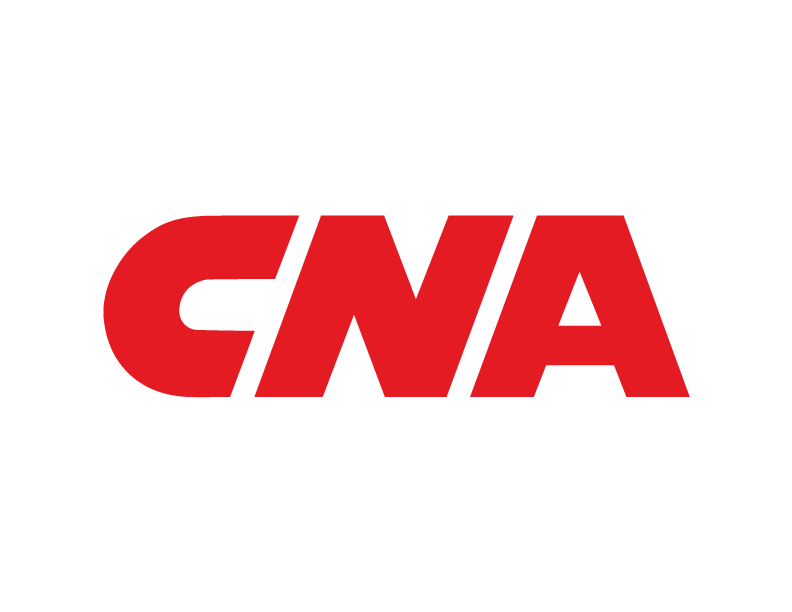Intelligent Manufacturing: The Rise of the Smart Factory
“There is one rule for the industrialist and that is: Make the best quality of goods possible at the lowest cost possible, paying the highest wages possible.” – Henry Ford
In 1913, Henry Ford installed the first moving assembly line for the mass production of the Model T automobile. With this process innovation, the time it took to manufacture one Model T reduced from over 12 hours to just one hour and thirty-three minutes, allowing Ford to produce more vehicles than all other automakers combined.[1] This increase in productivity significantly reduced the costs to build the automobile, and in turn lowered the purchase price of the vehicle itself, allowing the Model T to become more affordable and therefore, more accessible to a greater percentage of the population. Thus, began the modernization of manufacturing and the acceleration towards a consumer-based society.
Fast forward to 2023, and after more than a century of further manufacturing improvements built off of Ford’s innovation comes the latest phase of modernization – the rise of the smart factory through the use of intelligent manufacturing.
In general terms, intelligent manufacturing is the integration of automation, artificial intelligence and advanced manufacturing technologies, with the support of advanced data analytics, to optimize the manufacturing process, allowing companies to provide increasingly customized product demands seamlessly with very little lead time. This optimized process allows manufacturing resources to be used as efficiently as possible, minimizing waste and utilizing production machinery to its fullest potential. While traditional manufacturing relies solely on the knowledge and experience of operators, intelligent manufacturing relies more heavily on past production data to predict future outcomes, further refining process efficiency.[2]
Intelligent manufacturing is the future of the global manufacturing industry, given the investments being made by both private and public entities. The global smart manufacturing market, valued at $254 billion USD in 2022 (including hardware, software and services) is anticipated to grow at a compound annual growth rate of 14.9% from 2023 to 2030.[3]
Intelligent manufacturing brings with it a great amount of excitement and optimism – a new age of industry. However, much like any major technological change or innovation that is in its relative infancy, intelligent manufacturing poses unique exposures, impacting both first- and third-party lines.
From a first-party perspective, automated equipment and robotics will increasingly be utilized by manufacturers as they move to a smart factory model. Automated machinery is becoming much more customized to meet the needs of the end user, much more sensitive given the reliance on automated controls and software, and much more expensive to purchase. The end result is that a key piece of production machinery can be extremely difficult to replace, especially considering already stretched supply chains. Obviously, this can have an impact not only in the costs to replace the equipment but also on how long a manufacturer may experience a business interruption, whether it’s a complete shutdown or being forced to operate at a reduced capacity. Now imagine an entire facility full of this type of equipment. The reduced need for space brings with it a much higher aggregation of values. It can get to a point where even a minor fire event can cause extreme losses given the sensitivity of these machines to the resultant smoke damage.
Moving to a third-party perspective, the incorporation of artificial intelligence and machine learning into the manufacturing process will remove much of the human interaction, decision making and oversight. While this can solve for inevitable human error, it also raises issues from a quality control perspective. Intelligent manufacturing will allow manufacturers to quickly overhaul their process line to fulfill customized orders in a quick and seamless way. While this flexibility will be embraced, it will also be imperative that quality control continues to be performed through each step of the manufacturing process to ensure the finished product performs as intended.
Finally, the risk of cybersecurity cannot be overstated. Intelligent manufacturing relies on large amounts of data collection and runs entirely through a network. If the network was compromised, the outcomes could be devastating – including production machinery shutdowns, the release of hazardous materials, critical product defects, and potential injuries to both employees and third parties. As the manufacturing process becomes more digitized, cyber security will need to be top of mind, in a segment of the economy that has historically not been highly exposed to cyber risk.
We are entering into a new age of manufacturing, an age that very much lives up to Henry Ford’s original rule for the industrialist. As intelligent manufacturing and the smart factory become more pervasive, underwriters, brokers, and risk managers will need to understand and react to the resulting exposures, which continue to change and evolve as quickly as the technology itself.
[1] The Model T Put the World on Wheels - Ford (sdsu.edu)
[2] Corporate Finance Institute – Intelligent Manufacturing System (IMS)
[3] Grand View Research – Smart Manufacturing Market Analysis
In Canada, products and/or services described are provided by Continental Casualty Company, a CNA property/casualty insurance company. The information is intended to present a general overview for illustrative purposes only. Read CNA’s General Disclaimer.

